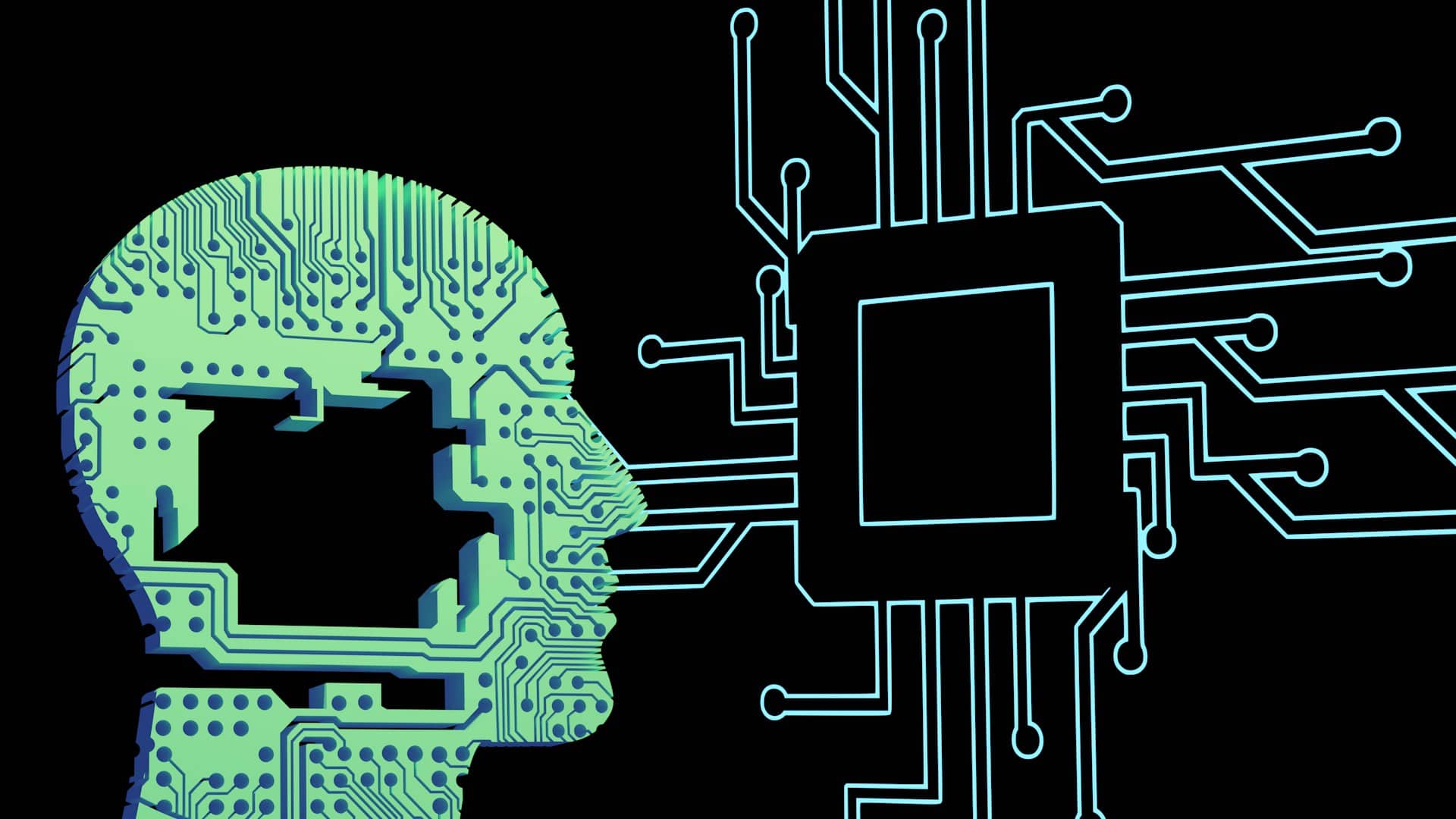
What Are the Latest AI Innovations in the UK’s Renewable Energy Sector?
In a world more conscious of our environment than ever before, the United Kingdom's renewable energy sector is at the forefront of integrating artificial intelligence (AI) innovations. The synergy between AI and renewable energy is revolutionizing how the UK generates, distributes and consumes power, paving the way for a cleaner, more efficient future. The application of AI helps to manage complex grid systems, meet demand, increase efficiency, and push the boundaries of what technology can achieve in our quest towards net zero carbon emissions.
Harnessing the Power of AI in Solar Energy
Solar power plays a significant role in the UK's renewable energy mix. The application of AI in this sector has transformed the way we harness and utilize solar energy. Sophisticated AI systems can now predict solar power generation based on weather forecasts and historical data. These systems adjust the tilt and orientation of solar panels throughout the day, maximizing their exposure to sunlight and improving efficiency.
Avez-vous vu cela : What Role Does AI Play in Enhancing UK's Law Enforcement Capabilities?
AI also helps in grid management when harnessing solar power. Fluctuating energy production is a notorious challenge in solar energy, given its dependence on weather conditions. AI can analyze vast amounts of data from weather forecasts, historical weather patterns, and real-time solar output to predict energy production. This predictive capability allows for better grid management, ensuring a stable supply of electricity to consumers regardless of the weather.
Empowering Wind Energy with AI
Wind energy is another key player in the UK's quest for renewable power. Here, AI is being used to optimize wind turbine performance, predict maintenance needs, and improve wind forecasting accuracy.
Dans le meme genre : How Can UK Companies Use AI to Enhance Workplace Diversity and Inclusion?
AI systems can analyze data from sensors installed on wind turbines, detecting any anomalies in the operational performance. Predictive maintenance, powered by AI, can anticipate potential failures before they occur, reducing downtime and improving efficiency.
Moreover, accurate wind forecasting is crucial for the optimal performance of wind energy farms. Using machine learning algorithms, AI can analyze historical and real-time data to predict wind patterns. This leads to more accurate energy production forecasts, allowing for better management of the power grid.
Revolutionizing Grid Management with AI
At the heart of renewable energy is the power grid, a complex network that connects energy producers to consumers. As the UK expands its renewable energy sector, grid management becomes increasingly complex. This is where AI steps in to streamline operations.
AI algorithms can analyze vast amounts of data from different sources, including energy producers, weather forecasts, and consumer usage patterns. This analysis provides insights into energy demand patterns and grid performance, enabling more efficient grid management.
With AI, utilities can balance energy supply and demand more effectively, reducing the risk of blackouts and ensuring a stable supply of power. Moreover, AI can identify inefficiencies in the grid, suggesting improvements that could save energy and reduce operational costs.
AI's Role in Reducing Carbon Emissions
The UK's renewable energy sector is driven by a commitment to reducing carbon emissions and combating climate change. AI is playing a significant role in this effort, helping to maximize the efficiency of renewable energy systems and reduce reliance on fossil fuels.
AI algorithms can optimize the operation of renewable energy systems, ensuring they produce the maximum amount of power with the least amount of resources. This not only increases efficiency, but it also reduces the carbon footprint of these systems.
Moreover, AI can predict energy demand and adjust energy production accordingly. By matching supply with demand as closely as possible, AI minimizes the need for standby fossil fuel power plants, which are often used to compensate for the unpredictability of renewable energy.
The renewable energy sector is an exciting space where AI innovation thrives. As we continue to explore the possibilities of AI in managing and producing renewable energy, the future looks promising. The synergy of AI and renewable energy brings the UK a step closer to a sustainable, carbon-neutral future, making our world a cleaner, healthier place for generations to come.
Optimizing Energy Storage with AI
One of the significant challenges in the renewable energy sector is energy storage. Renewable energy sources like solar and wind power are inconsistent, with production levels fluctuating depending on the time of day and weather conditions. This unpredictability makes storing power for later use crucial for maintaining a steady supply of electricity.
Artificial intelligence has emerged as a game-changer in the field of energy storage. AI algorithms are used to manage and control energy storage systems, optimizing their performance and increasing their efficiency. AI can analyze real-time data on energy production, consumption, and storage levels, and make data-driven decisions to optimize the usage of stored energy.
Moreover, AI plays a vital role in battery technology, which is a key aspect of energy storage. AI can predict battery performance and lifespan based on historical and real-time data, which can be crucial in planning and scheduling maintenance. This proactive approach helps in extending the battery life and preventing unexpected failures, ensuring a reliable supply of stored energy.
Furthermore, AI can help in smoothing out the supply-demand curve by predicting energy requirements and adjusting the energy release from storage systems accordingly. This results in a more efficient and stable energy grid, reducing dependence on backup fossil fuel power plants, and paving the way for a cleaner, more sustainable future.
AI and the Future of Renewable Energy in the UK
While the UK's renewable energy sector has made significant strides in integrating artificial intelligence, the journey is just starting. The potential of AI in revolutionizing the energy sector is immense, and we are only beginning to scratch the surface.
In the future, we can expect AI to play a more significant role in predicting and managing energy demand. With the proliferation of smart devices and the internet of things, AI will have access to vast amounts of data, which it can analyze to forecast energy requirements more accurately.
Moreover, AI offers promising solutions to the challenges of energy grid management. By processing vast amounts of data and making real-time decisions, AI can ensure a smoother, more efficient energy transition, balance supply and demand, and prevent blackouts.
The role of AI in optimizing renewable energy systems will also become more pronounced. From maximizing solar panel efficiency to predicting wind turbine maintenance needs, artificial intelligence will continually push the boundaries of what's possible.
But perhaps the most exciting prospect is the use of AI in tackling climate change. By optimizing renewable energy production and usage, AI can contribute significantly to reducing carbon emissions, helping the UK achieve its goal of a carbon-neutral future.
In conclusion, artificial intelligence is an integral part of the UK's renewable energy landscape, driving innovation and efficiency at every step. With the continued advancement in AI technology, the future of the UK’s renewable energy sector looks brighter than ever. AI’s potential to streamline operations, improve efficiency and reduce carbon emissions makes it a vital tool in the UK's journey towards clean, sustainable energy. As with any technology, the key lies in harnessing AI’s potential responsibly and sustainably, for the benefit of all.
